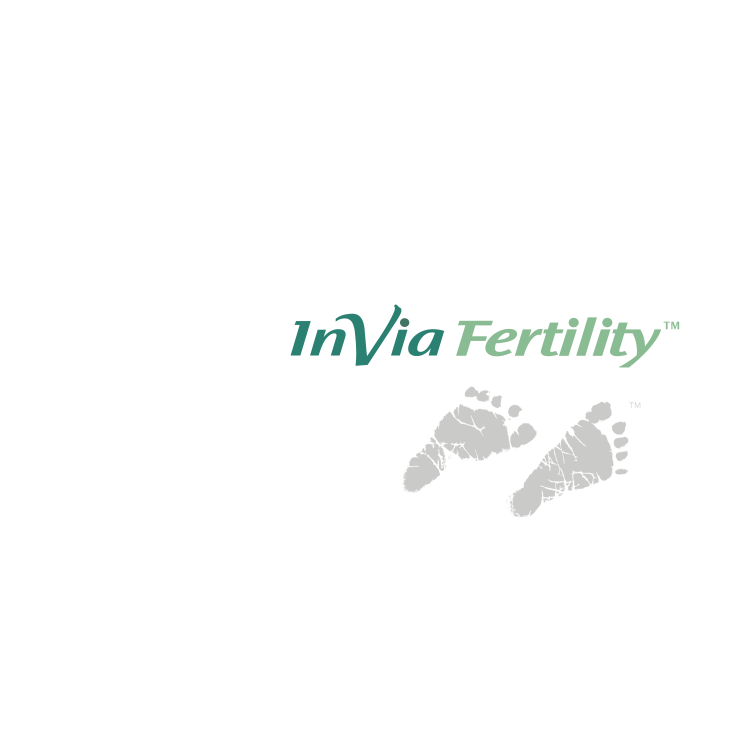
As a couple, you have most probably been on the emotional roller coaster ride that comes with infertility treatment for any length of time. Going through the sequence of treatments from fertility drugs, to IUI, to possibly several IVF attempts has made you no stranger to the painful emotional cycle of allowing your hopes to grow, dealing with the uncertainty of waiting for the results, only to come emotionally crashing down when the attempt proves unsuccessful. Just when you thought it couldn’t be worse, your doctor introduces the recommendation that you consider a donor egg recipient cycle. Why are these words so hard to hear and absorb? After all, you are no stranger to bad news.
The recommendation for a donor egg cycle represents moving from still being able to have your own genetic child to the unchartered territory of egg donation. You are experiencing the loss of the dream of looking into your child’s eyes and seeing yourself. The impact can be the same as experiencing the death of a loved one. But to further complicate matters, instead of being able to openly rely on the comfort of family and friends, you bear your feelings of loss privately. To the rest of the world, it is business as usual, even though nothing could be further from the truth. The danger in this is that you might “get stuck” in grief and not be able to move ahead in whatever direction you might take.
Mental health professionals have identified a sequence of stages that characterize the process of grieving. The initial stage is denial, which may show itself in feelings of numbness or shock. Typically, the thought process is “this can’t be happening to us” and “we’ll just keep trying with our own eggs, we’ll beat the odds”. However, practical considerations present themselves as it is not financially feasible or medically indicated to keep trying indefinitely. Denial is a temporary response that carries you through the first wave of pain.
Denial then gives way to anger which springs from feelings of vulnerability and helplessness. You have done everything possible to conceive with your own eggs. Generally, when you work this hard at something, the goal is achieved. You feel you have no control, that you are a victim where you can no longer count on anything good happening. Anger emerges, but there is no one to blame. Often, anger combines with the next stage, Bargaining. Bargaining revels itself in thoughts of “what if?”. “What if we had sought help sooner, what if I hadn’t put my career first, what if we had gotten that second opinion sooner?’. Privately, in an attempt to regain control you make a deal with God or a higher power in an attempt to protect yourself from the painful reality of not being able to have your own genetic child.
Eventually, the bargaining dissipates and feelings of guilt and shame may emerge. These feelings manifest themselves with thoughts that “I am a failure” or “I am defective”. Self -esteem ebbs and a sense of inadequacy and fear of the negative judgment of others pervades and you begin to lose hold of all the things you value most about yourself. Ultimately, you arrive at a place of feeling intensely sad about your loss. Allowing yourself to experience this feeling and being able to accept yourself and the comfort of trusted others will help you to arrive at the final stage: Acceptance. Accepting your loss means that you accept yourself as an imperfect human being who continues to move forward in spite of the obstacles before you.
Coping with loss is ultimately a deeply personal experience – no one can understand all the emotions that you are experiencing. It is also important to know that everyone goes through these stages at their own pace and may even go back a stage or two when a particularly painful wave of grief is experienced. The most important thing you can do is to allow yourself to feel the grief as it comes over you. Resisting it will only prolong the natural process of healing. Accepting the comfort of your spouse, talking about your feelings aloud, no matter how irrational they might be, is essential to resolving the loss and moving forward in life.
In spite of all you might know about the process of grieving, it is still possible to “get stuck” there. If this is the case, consult a mental health professional experienced in working with issues of infertility and fertility treatments.
Mary V. Speno PhD is a Licensed Clinical Psychologist serving as a consultant to InVia Fertility in all matters related to ART. She can be reached at 847.577.1155 x 239.
Egg donation Infertility treatment InVia Fertility Specialists Handling stress

Entire Website © 2003 - 2020
Karande and Associates d/b/a InVia
Fertility Specialists
